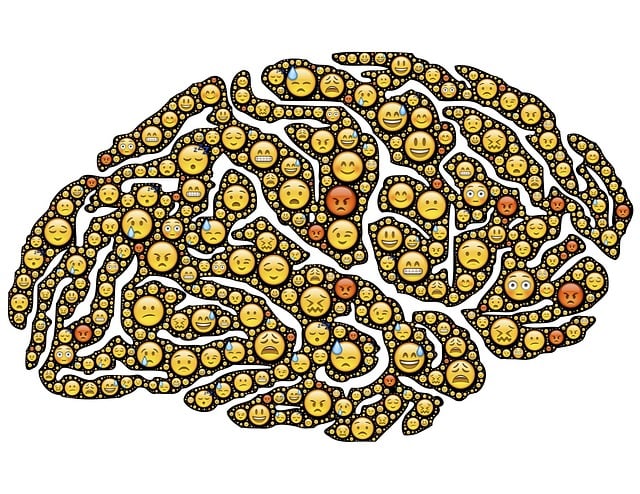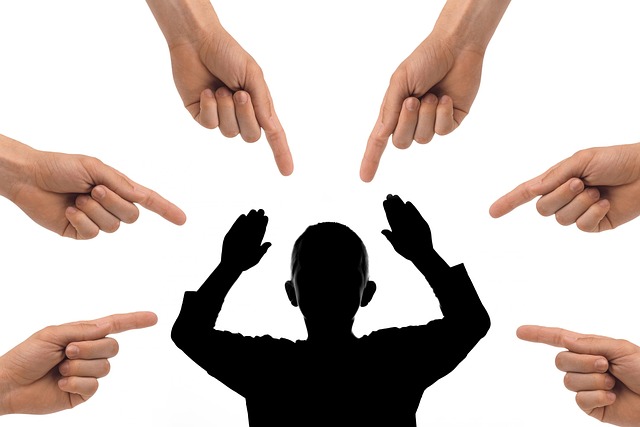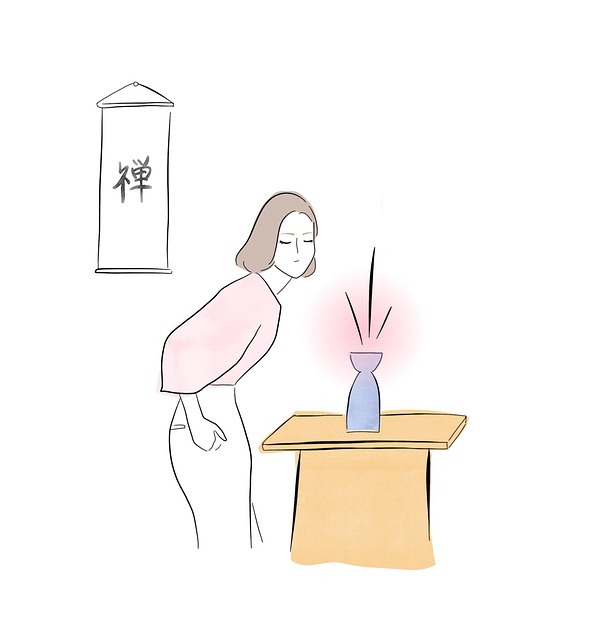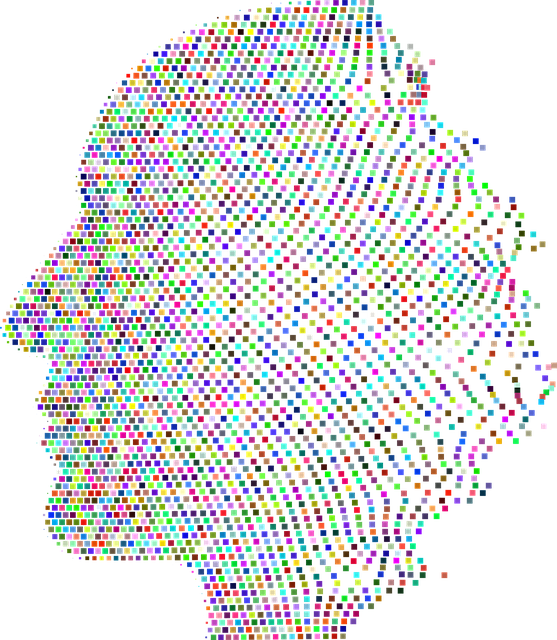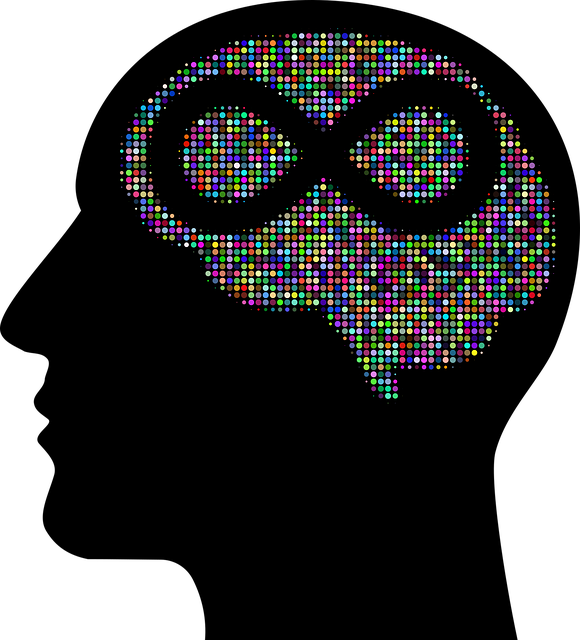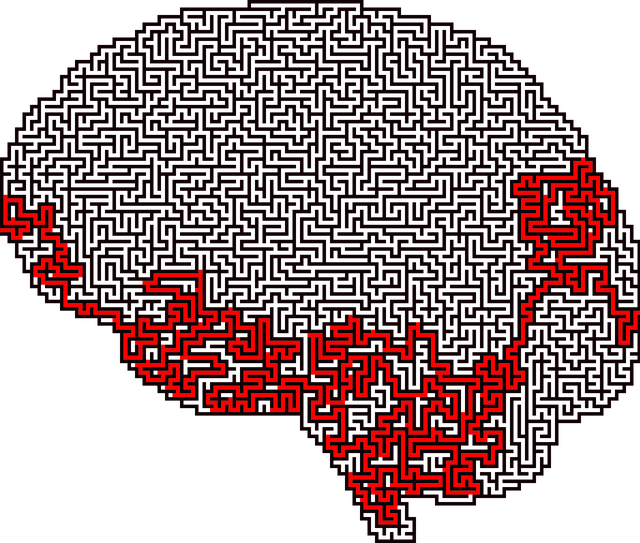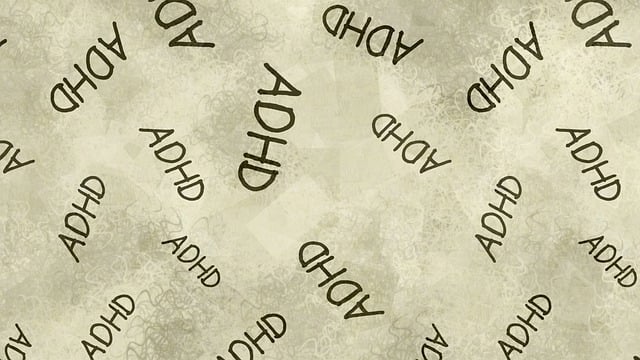In the digital age, Littleton Gambling Therapy offers innovative solutions for common mental health issues through mobile apps. Overcoming traditional therapy barriers, these apps provide accessible education, support groups, and mindfulness exercises. User-centric design, combining personal growth tools with professional guidance, is crucial. Qualitative and quantitative research methods inform app development, resulting in tailored interfaces and engaging content. Effective marketing leverages social media and partnerships to reach users seeking mental wellness solutions, fostering community and building trust around apps like Littleton Gambling Therapy.
In today’s digital age, there’s a growing need for accessible mental wellness solutions. This article explores how Littleton Gambling Therapy apps are revolutionizing mental health support, offering effective treatments for gambling addiction. We’ll delve into the significance of understanding mental health and the unique features these apps provide. The development process, with a focus on user-centric design, is examined, along with marketing strategies to foster engagement. Discover how these apps create a supportive environment for recovery.
- Understanding Mental Health and the Need for Digital Solutions
- Key Features of an Effective Littleton Gambling Therapy App
- Development Process: Building a User-Centric Experience
- Marketing and User Engagement Strategies for Success
Understanding Mental Health and the Need for Digital Solutions

In today’s fast-paced digital era, the importance of mental wellness has come to the forefront, with a growing recognition of the need for accessible and innovative solutions. Mental health issues, such as depression, anxiety, and addiction, are prevalent across all demographics, impacting individuals’ daily lives and overall well-being. Traditional therapy methods, while valuable, may not reach everyone due to various barriers like cost, time constraints, or geographical limitations. This is where digital interventions, including mobile apps, play a pivotal role in bridging the gap.
One such innovative approach is utilizing technology for gambling therapy, offering specialized Littleton Gambling Therapy services through interactive and engaging platforms. By developing mental wellness apps, we can deliver tailored interventions that cater to individual needs, promoting Depression Prevention strategies and fostering Community Outreach Program Implementation. Additionally, features like Mental Wellness Podcast Series Production can provide valuable educational content, support groups, and mindfulness exercises, all accessible from the comfort of one’s home. These digital solutions have the potential to revolutionize mental health care, ensuring that help is readily available and tailored to modern lifestyles.
Key Features of an Effective Littleton Gambling Therapy App

A Littleton Gambling Therapy app should be designed with a user-centric approach, focusing on key features that cater to both personal growth and professional guidance. One such feature is Mental Wellness Journaling Exercise Guidance, which enables users to track their thoughts, emotions, and behaviors related to gambling. This introspective practice helps in identifying triggers, understanding patterns, and cultivating awareness—essential aspects of depression prevention.
Additionally, the app should offer Risk Management Planning tools tailored by mental health professionals. These tools aid users in setting personal boundaries, managing impulses, and mitigating risks associated with gambling behaviors. By integrating evidence-based strategies for risk management, the app becomes a comprehensive resource not just for therapy but also for long-term mental wellness maintenance.
Development Process: Building a User-Centric Experience

In the development process of a mental wellness app like Littleton Gambling Therapy, prioritizing a user-centric experience is paramount. This involves deep understanding and empathy for the target audience’s needs, struggles, and behaviors related to emotional regulation and inner strength development. Researchers and developers work collaboratively to gather insights through user interviews, surveys, and focus groups. These qualitative and quantitative methods ensure the app caters to individual preferences, accommodates diverse learning styles, and addresses specific mental wellness challenges.
The design phase translates these findings into intuitive interfaces and engaging content. Visual aesthetics, color schemes, and layout are thoughtfully chosen to foster a calming and supportive atmosphere. Features like personalized goal-setting, adaptive feedback mechanisms, and gamified elements enhance user engagement while promoting consistent practice of healthy coping strategies. Continuous iteration based on user feedback further refines the experience, ensuring the app remains relevant and effective in supporting users’ mental wellness journeys.
Marketing and User Engagement Strategies for Success

Marketing and user engagement are key components to the success of any mental wellness app. One effective strategy is to leverage social media platforms, where users actively seek support and share their experiences. Running targeted ads on popular networks like Instagram and Facebook can help reach a wider audience, especially those experiencing anxiety, depression, or other common mental health challenges. Engaging content, including tips for self-care routine development, blog posts on Mental Health Education Programs Design, and testimonials from satisfied users, can drive user engagement and foster community.
Additionally, partnerships with recognized organizations in the field of mental health, such as those offering Risk Management Planning for Mental Health Professionals, can enhance credibility and attract a more diverse user base. Incorporating user-generated content, like success stories related to Littleton Gambling Therapy, builds trust and encourages others to try the app. By combining targeted marketing efforts with meaningful user engagement, mental wellness apps can thrive in today’s competitive market.
The development of mental wellness apps, such as those offering Littleton Gambling Therapy, is a significant step in addressing the growing need for accessible digital mental health solutions. By incorporating key features like personalized therapy sessions, mindfulness tools, and progress tracking, these apps can provide effective support. A user-centric design approach, combined with tailored marketing strategies, ensures their success in engaging users and promoting improved mental well-being. This innovative use of technology has the potential to revolutionize access to care, offering a bright future for mental health management.
